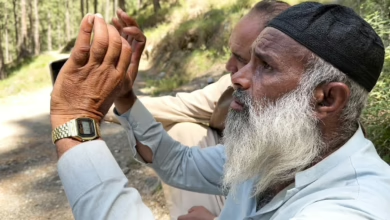The Pakistani government has taken a major step toward a cashless economy by forming a seven-member committee to implement digital payment systems at all fuel stations nationwide. Headed by Karandaaz Pakistan’s Chief Digital Officer Sharjeel Murtaza, the panel includes representatives from the FBR, State Bank, and oil sector regulators. The move, directed by Finance Minister Muhammad Aurangzeb, is expected to be announced in the upcoming federal budget as part of a broader push to discourage cash transactions.
Under the proposed system, petrol pumps across Pakistan—from Chaman to Karachi—will be legally required to offer digital payment options like QR codes, debit/credit cards, and mobile wallets. The twist? Paying with cash could cost you Rs. 2-3 more per liter compared to digital transactions. This follows existing models like motorway tolls, where M-Tag users pay less than cash customers.
The government aims to tackle tax evasion while making digital payments more attractive. Petroleum dealers will display two prices: the official rate for digital payments and a higher rate for cash. Similar differential taxation already applies in Islamabad’s restaurants, where card payments incur 5% GST versus higher rates for cash.
FBR Chairman has suggested that extra revenue from cash fuel sales could be returned to consumers through future price adjustments. Meanwhile, businesses will face an additional 2% GST on cash transactions compared to digital payments.
Authorities have held multiple consultations with banks, oil companies, and tech firms to iron out implementation challenges. If successful, this could mark Pakistan’s biggest shift toward financial digitization—with fuel stations becoming the testing ground for a wider “war on cash.”
Also read: Pakistan set for petrol and diesel price cuts amid global oil decline





